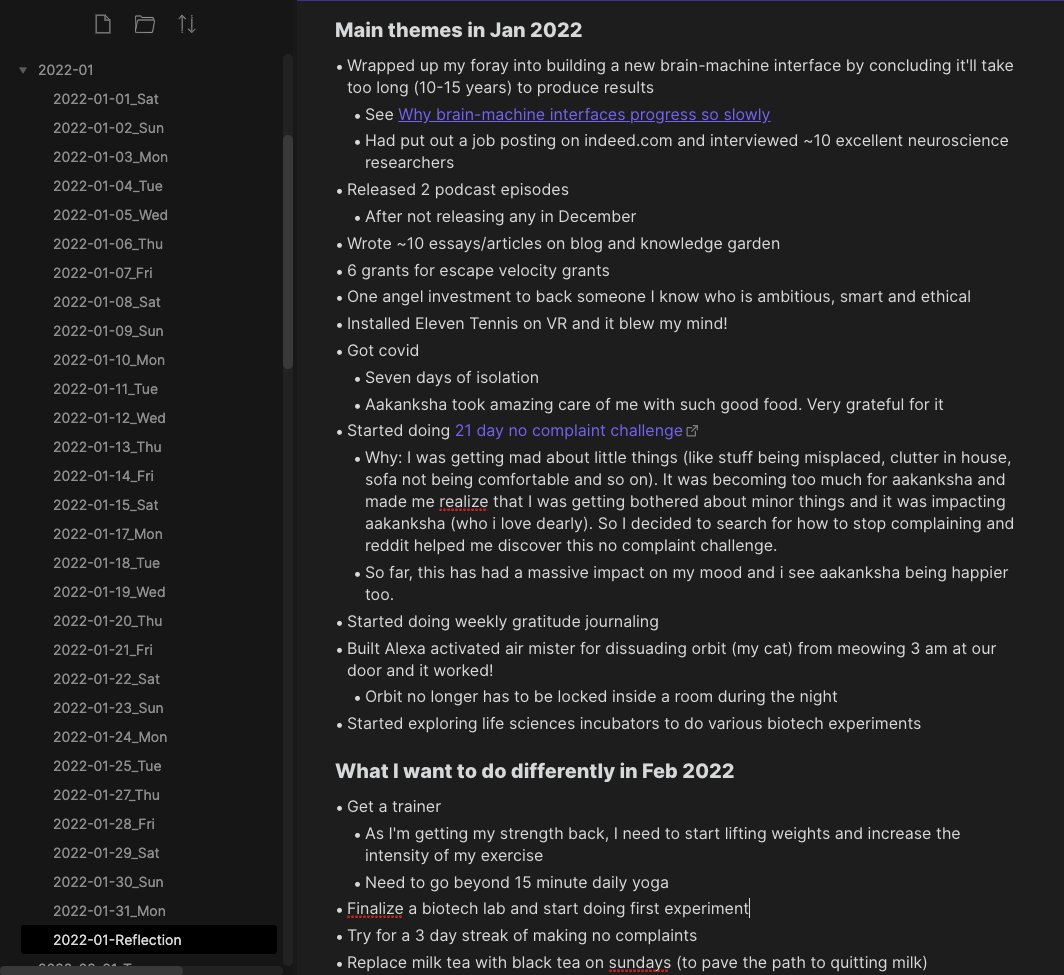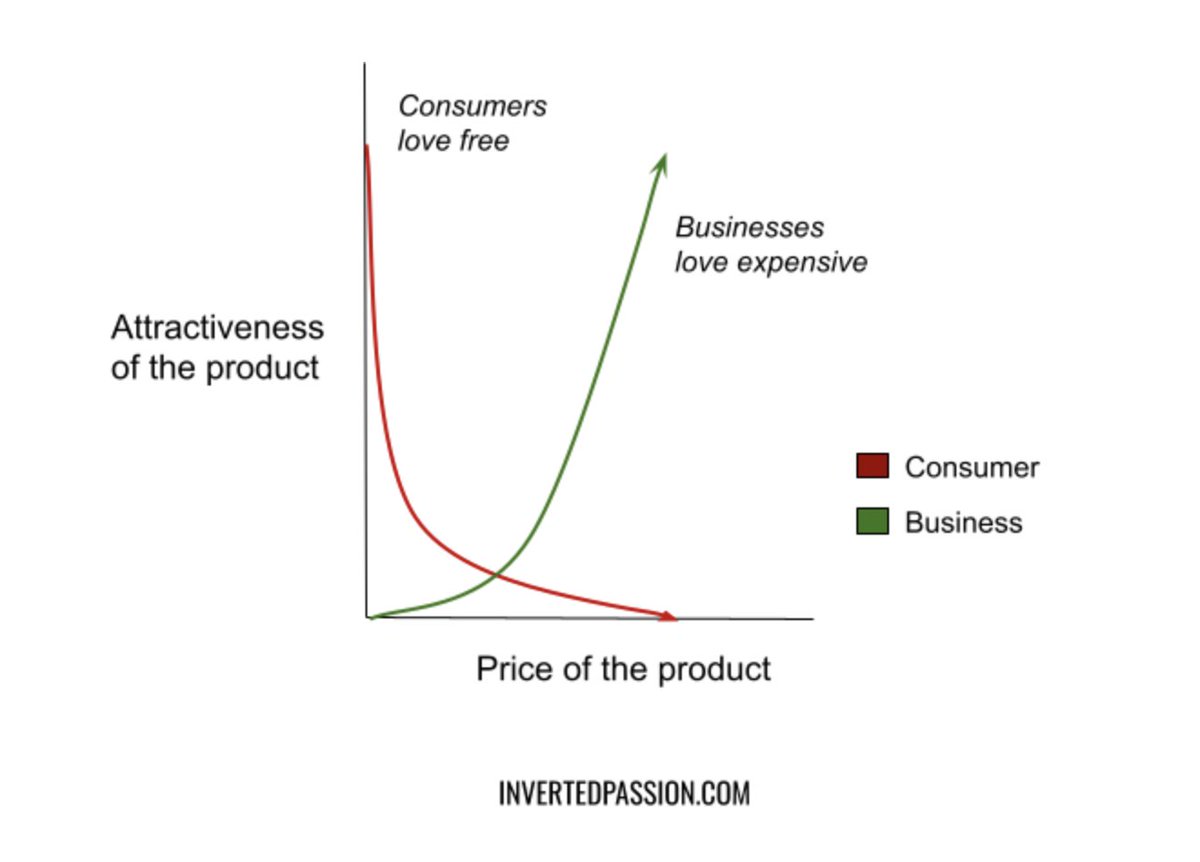
The biggest barrier to solving world’s hardest problems (such as poverty, climate change, animal suffering, pollution) isn’t knowledge gap, it’s their economic infeasibility.
If a problem is economically attractive, entrepreneurs and investors rush in to solve it.
If a problem is economically attractive, entrepreneurs and investors rush in to solve it.
Government funded programs are often seen as a way to solve these economically impractical problems.
But government isn’t well suited for innovation.
Its role, rather, should be to create economic incentives that make solving these problems attractive.
But government isn’t well suited for innovation.
Its role, rather, should be to create economic incentives that make solving these problems attractive.
For example, carbon tax will suddenly make reducing carbon emissions economically attractive.
Similarly, eliminating subsidies to meat industry will suddenly make investment into cultivated-meat and alt-proteins economically attractive.
Similarly, eliminating subsidies to meat industry will suddenly make investment into cultivated-meat and alt-proteins economically attractive.
To create more jobs, govt can start giving tax break to institutes that get their students jobs.
Just like corporations use incentives to drive behaviour, govt should use them to nudge innovation into areas that aren’t attractive to investors because they give subpar returns.
Just like corporations use incentives to drive behaviour, govt should use them to nudge innovation into areas that aren’t attractive to investors because they give subpar returns.
• • •
Missing some Tweet in this thread? You can try to
force a refresh









